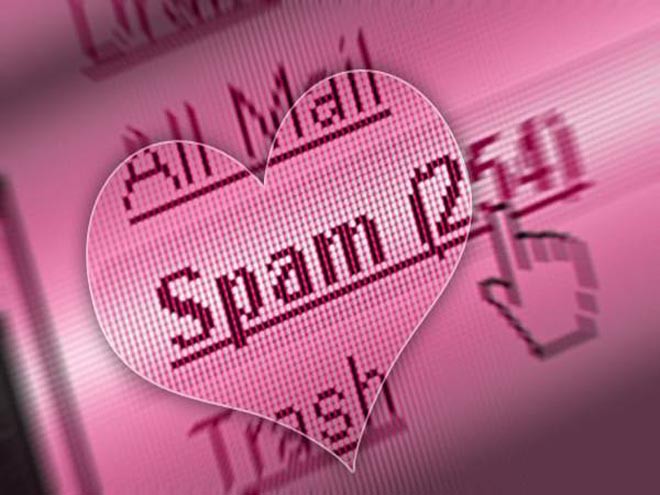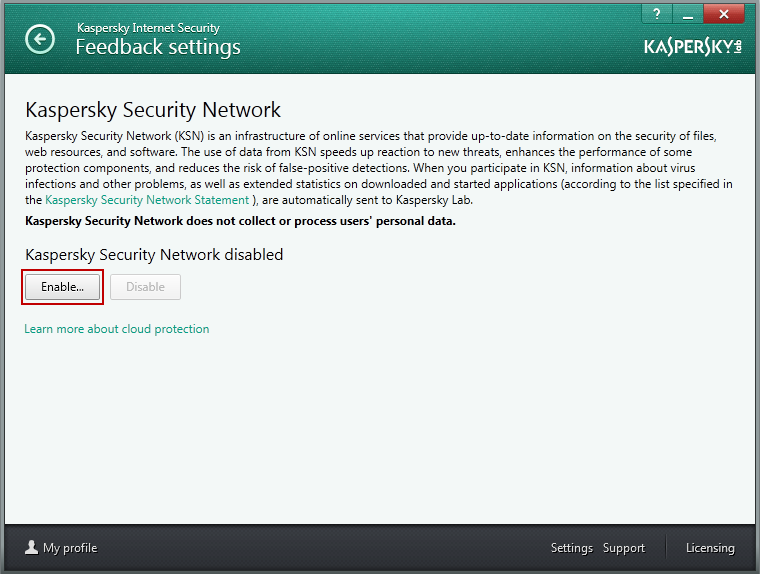Valentine’s Day triggers a massive spree of spam. As it approaches, mailboxes are packed with romantic ads of all sorts. “Anti-Spam will protect me from that,” you may say. However, this component is supposed to provide protection from spam based on regular updates to the anti-virus database of the product. Think about the amount of spam that is created and speedily mailed out – obviously, Anti-Spam protection is not enough. Here is a tip for keeping your devices safe during holiday spam attacks.
Thousands of new spam messages are created and sent on a daily basis, and no less than 4.5 hours pass until specialists detect the new threat and include it in the protection database. Even advanced heuristic detection methods do not always help distinguish threats (the level of correct detections does not exceed 70%). As you can see, a lot of junk emails that may contain malware, links to phishing websites and other threats are actually free to do their malicious business for a few hours.
Here’s how to avoid this delay. Along with ordinary methods of spam fighting, use cloud technologies. Cloud protection is based on information collected from users all over the world via Kaspersky Security Network (KSN). With your consent, information about attempts to infect your computer and suspicious program activity is sent to Kaspersky Lab. This information is immediately processed by the automated expert system and in just 40 seconds, data on newly emerging threats and their sources becomes available to all users of Kaspersky Lab products.
Participation in Kaspersky Security Network allows Kaspersky Lab specialists to collect the most recent information about new sources and types of threats, find ways to neutralize them and reduce the number of false positive cases. Kaspersky Lab does not collect, process or store any personal user information. You can decide for yourself whether you wish to participate in the Kaspersky Security Network. You can find detailed information about anti-virus cloud technologies in our expert’s article on the Securelist.com website.
To participate in Kaspersky Security Network, do the following:
1) Click Settings in the main application window.
2) Select Additional in the menu on the left, then go to the Feedback section.
3) Click Enable:
You can use the “cloud protection” information to check the applications downloaded from the Internet.
To check the application, right-click the executable file and select Check reputation in KSNfrom the context menu. You can check executable files, installation packages (msi) and script files. “Cloud protection” is useful for checking recently received or downloaded files you do not trust.
Source: Kaspersky Lab






